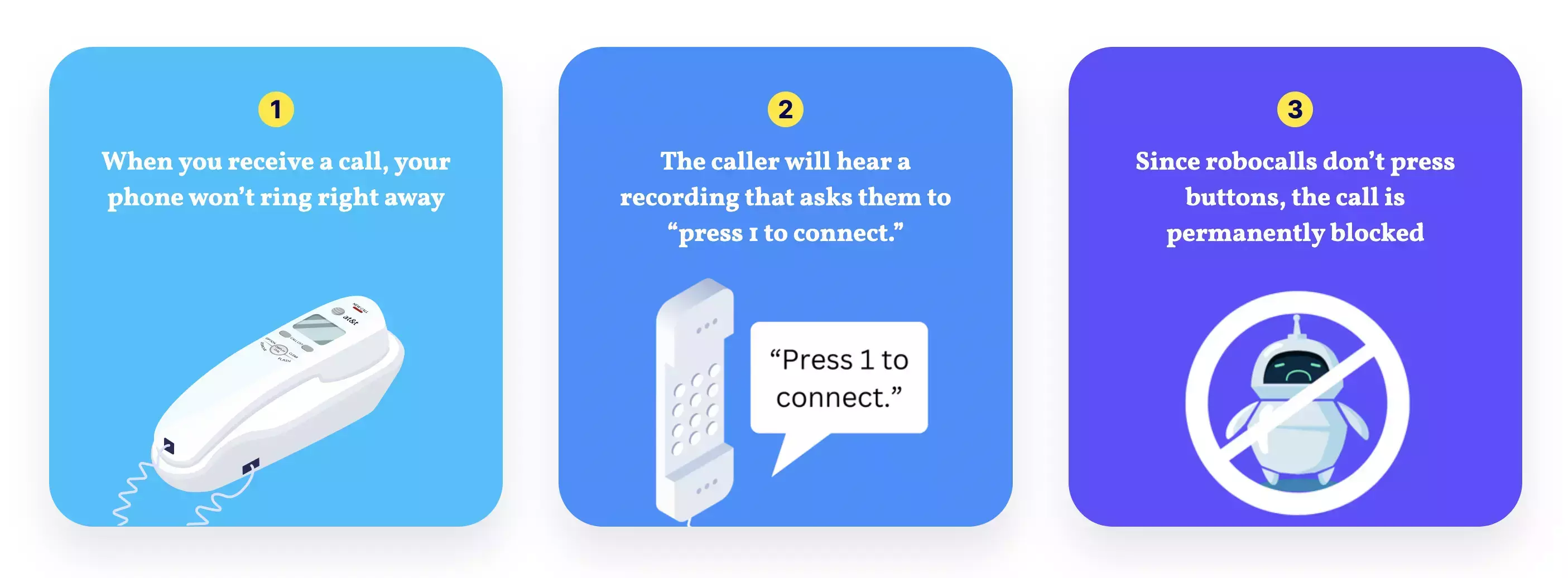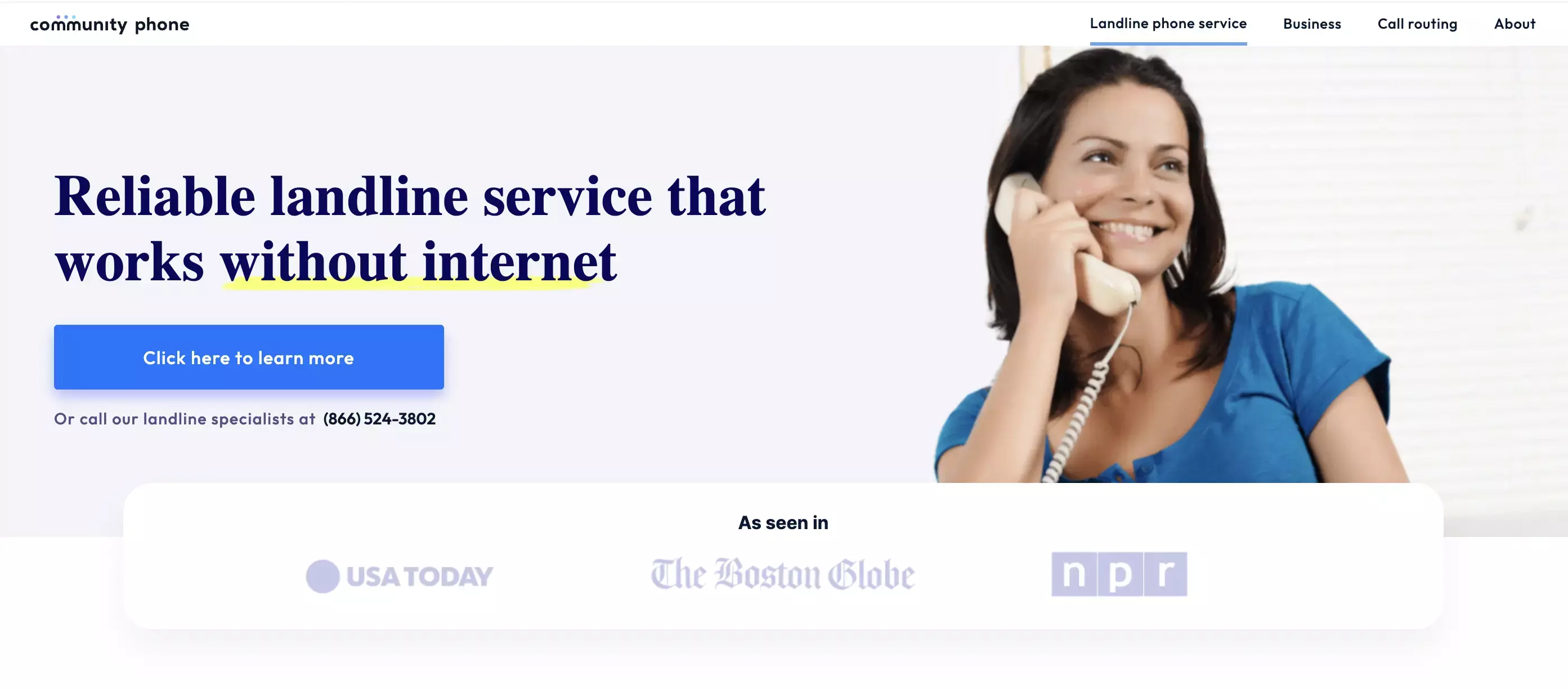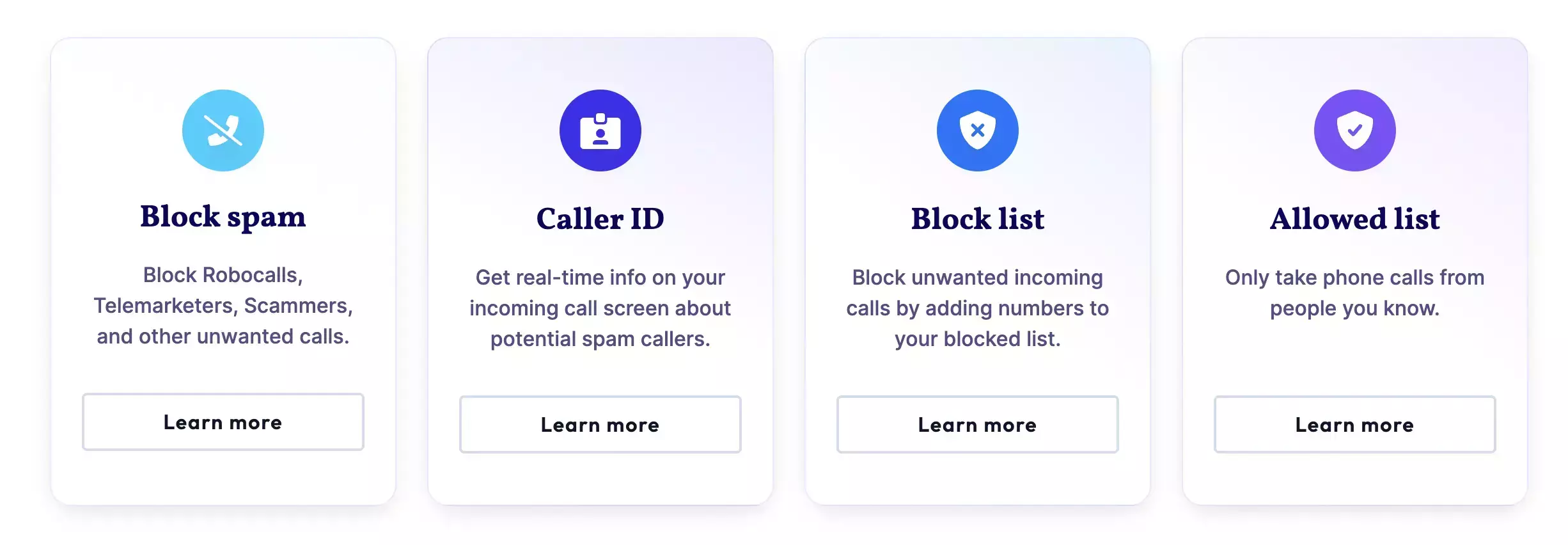Life insurance is a vital part of financial planning for anyone with dependents. It is a necessity that lets you be at peace, knowing your loved ones will be cared for if something happens to you. However, as with any other type of insurance, there are plenty of life insurance scams on the market.
This article provides information on protecting yourself from becoming a life insurance scam victim and the steps to follow if you think someone has scammed you. Read on to find out.
How Does a Life Insurance Scam Work?
One of the standard techniques used by scammers involves posing as someone from an insurance company and contacting the victim. This person may tell the victim they need to provide additional information or pay a premium to keep their policy in force.
The second type of scam exploits people’s desire for the best deal. The con artist offers the victim a cheap policy but forces the victim to pay the entire amount upfront. Once the victim makes the payment, the scammer cancels the policy, and the victim never receives any benefits.
5 Ways to Spot a Life Insurance Scam
Spotting a life insurance scam early-on during a call can help you protect yourself against phone scams and fraud. Here are 5 ways to spot a life insurance scam:
1. Never Heard of Them
When the caller gives you the name of an insurance company you have never heard of, you must exercise caution in dealing with them. On the flip side, it may be possible that you have yet to hear of all the insurance companies, as there are over 800 of them in the US.
Suggestion: If you hear the name of a company you are unfamiliar with, do not make immediate decisions. Set a time for the caller to call you back, and do your due diligence by checking with your State Insurance department.
2. Pressure Tactics
It is a warning sign when someone forces you to decide on paying immediately and tempts you with "too good to be true" offers.
Suggestion: Disconnect from the call immediately and do your due diligence by accessing the company's official website. If you do not find the promotion the caller offered on the official source, you can be sure it was a scam. You can also call their toll-free number and verify if the said promotion is genuine.
3. Beneficiary Scam
Stranger-originated life insurance (STOLI) is a type of life insurance fraud that has become quite common in the US. The STOLI scheme involves individuals who are not the intended insured, insuring someone else, usually an older person. The people involved in these scams can be anyone from friends and family to strangers.
Suggestion: Be cautious when the caller offers promotions too good to be true, and never agree to take out a policy on someone you don't know well.
4. Overselling Services You Don't Need
If the caller is overselling services you don't need, it should ring a warning bell. They may not be from the insurance company they claim but sellers out to make a quick commission.
Suggestion:
- Disconnect from the call.
- Call the insurance company on their toll-free number or check their website to ensure the promotion offered to you is genuine.
- Avail of services you need only from authorized company reps.
5. Asking for Personal Information
If the caller asks you for personal information during the call, you should be wary of such callers and immediately hang up. Companies you do business with do not need this data as they already have it and do not need it again.
Suggestion:
- Disconnect from the call.
- Call the insurance company on their toll-free number, state the reason for the caller's call, and verify with them if it was genuine.
- Refrain from giving out personal information to anyone over a phone call.
How to Report a Phone Scam?
If you suspect being the victim of a life insurance scam, you should immediately report it to the authorities. Options to report scams may be location specific. Check the options in your state to report phone scams.
Here are some general ways to report a phone scam.
1. Contact the Police
The first step is to contact your local police department and file a complaint. Sharing all relevant details about the scammer, like their contact number, time of call, etc., can aid the police in tracking the con artist efficiently.
2. File a Report with the State Insurance Commissioner
Filing a report with the State Insurance Commissioner can alert the regulator of any nefarious activities in their jurisdiction. You can also report scams online at https://reportfraud.ftc.gov/#/. ****
3. Check with Organizations like BBB
You can also check with organizations like the Better Business Bureau (BBB) to see if a company is legitimate. The BBB keeps track of customer complaints against businesses, allowing you to access more information about the company you want to do business with. If a company has a bad reputation, it's best to avoid them altogether.****
4. Trust Your Instincts
Finally, you should trust your instincts, as everything may not be as straightforward. Life insurance scams can cost you time and money. So, take time to understand more about the company you want to do business with**.** Never give out any personal information until you are sure a company is legitimate.****
How to Stop Receiving Life Insurance Scam Calls?
Blocking spam after you receive the call and engage the spammer is a reactive approach to ensuring protection against spam.
You can be proactive and block unwanted calls on your landline by getting spam-blocker services. You can download several apps to screen and block spam if you have an Android or iPhone. Learn more about how to protect yourself from phone scams in the sections below.
The Best Way to Block Spam on Your Landline
Most landline providers do not offer spam-blocking services, leaving you with no option but to block them manually on your phone. Manually blocking spam calls is ineffective because you can block numbers only after receiving the call.
The only effective way to block spam calls is to switch to a provider that blocks them automatically before they reach you.
Community Phone offers home phone service with built-in spam call blocking that can stop unlawful and unwanted calls from reaching your landline. It allows you to keep your landline phone without tying it to the internet.
Get rid of unwanted calls, and protect yourself, your loved ones, or your business from scams with Community Phone's spam-calling blocking services. Its spam call blocker can automatically detect spam, fraud, or robocalls and stop them before your phone rings.
How does It work?
- When you receive a call to your Community Phone number, your phone won't ring immediately. The caller will hear a recording that asks them to "press 1 to connect."
- Robocalls work by sensing when the recipient picks up the phone and speaks. Once they hear a sound that isn't the sound of the phone ringing, the recording begins.
- Since robocalls don't press buttons, the call will never reach your phone.
- If an "unidentified caller" follows the instructions and your phone rings, you can let the call go to voicemail and respond to the voicemail if it's a legitimate caller.****

The Safelist
The Community Phone "Safelist" is a list of numbers you pre-approved to receive calls from. Your phone will ring only to let calls from the pre-approved numbers reach you. It will block all other numbers before your phone rings. You can update this list anytime to add or delete pre-approved numbers.
This feature is handy for seniors who are unsuspecting victims of phone scams. The Community Phone account holder can prevent anyone seniors don't know from reaching them, guaranteeing they'll avoid phone scams.
Launching Soon: Community Phone's Revolutionary Spam Call Blocking

Research indicates that many people miss legitimate calls from unknown numbers, fearing scams. Community Phone is engineering revolutionary spam call-blocking software that automatically blocks 99% of spam calls and helps you manage legitimate calls.
The Safelist - 2
This feature lets your phone ring only for numbers pre-approved by you and routes the rest to voicemail. You can access your voicemails and respond to legitimate messages or missed calls. You can update the pre-approved list anytime to add or delete numbers.
The Blocklist
Community Phone guards your landline number against known robocallers, scam calls, and telemarketers by checking each incoming caller's number against a regularly updated database, better known as the blocklist. Their database has over 6 million known spam numbers and is growing daily. You can contribute actively by updating the database with a spam number to protect yourself and other Community Phone members from unwanted calls.

Join Community Phone's waitlist today for first access and receive a free brochure on how this one-of-a-kind spam call-blocking service can help you.
The Best Way to Block Spam on Your iPhone
There are 2 ways to block spam calls on your iPhone
1. The Community Phone Spam Call Blocking App
You can find Community Phone's spam blocker in the Apple Store. Download this free app on your iPhone to block spam calls and text messages. You can also add the spam number to the Community Phone blocklist to update their blocklist. This action can help protect you and other Community Phone members from unwanted calls from that number.
2. Manually Block the Spam Number from Your iPhone
You can block scam calls manually on your iPhone by following these steps:
- Open the Phone App
- Tap > Recent
- Locate the number you want to block
- Tap the info icon
- Scroll to the bottom
- Tap block this caller
- Tap Confirm
The Best Way to Block Spam on Your Android Phone.
You can block scam calls manually on your Android Phone by following these steps:
- Open the Phone App
- Tap more
- Access Call History
- Tap the number/name you want to block
- Tap Block/Report Spam
Benefits of Choosing the Community Phone Spam Blocker
Here are some benefits of choosing the Community Phone spam-blocker services:
1. Built-in Spam Blocker
Landline service providers cannot house the technology for an in-built spam blocker. If you have a traditional landline, you can manually block spam numbers until you reach a limit. However, you can block the number only after you receive the call, which could be risky in many cases as you may have engaged the scammer.
The Community Phone built-in spam blocker scans, flags, and blocks spam calls before your phone rings, protecting you from scams and fraud.
2. Great Advantage for Seniors
The Safelist can ensure seniors are not troubled by scammers calling from unknown or unidentified numbers. The person who controls the Community Phone user account can pre-approve numbers from which the senior would like to receive calls. The spam blocker service will only allow calls from pre-approved numbers and block all other calls.
3. Take Control of Your Protection
You can update the Safelist or the Allowed list at any time to add or delete numbers. This feature prevents you from engaging scammers and ensures peace and protection against scams and fraud.
4. Effective Where the "Do Not Call" List Fails
The Do Not Call list is not effective against scammers. To prevent scam calls and to protect yourself from fraud, sign up for the Community Phone spam-blocker services for your home phone or download their app for iPhone now.
FAQs
How to report a phone scam?
You can report a phone scam in the following ways:
- File a report at the local law enforcement agency and provide them as much information about the scammer as you can
- You can report scam to: https://reportfraud.ftc.gov/#/
- Better Business Bureau
Since reporting phone scams are location specific, you may want to check what applies to your state and follow those protocols to report phone scams.
How to Stop receiving life insurance scam calls?
You can stop receiving life insurance scam calls through these methods:
Proactive Approach
- Get the Community Phone spam blocker services for landlines
- Get the Community Phone spam blocking app for iPhones from the Apple Store FREE.
- Get the Community Phone spam blocker services for your cell phone
Reactive Approach
- Manually block numbers on your landline after you receive the spam call.
- Manually block spam numbers on your iPhone and Android device.
Conclusion
Life insurance scams can take many forms, but the scammers' common aim is to steal your money. This article provides information on how to protect yourself from becoming a victim of a life insurance scam, to identify and report them.
Instead of being the 43% that invest in spam-blocking services after being scammed, be proactive. Get the Community Phone spam-blocker services to protect yourself and your loved ones from phone scams and fraud. Talk to their specialist to learn more!
